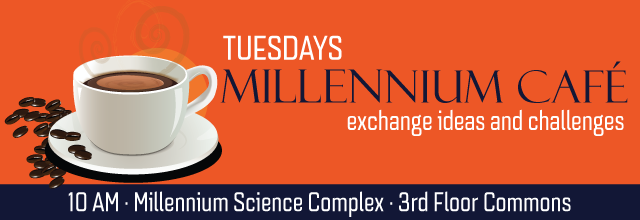
The growing demand for greener solutions has intensified the search for renewable alternatives to fossil fuels. Bio-renewable resources offer a promising path to sustainable carbon materials, which can replace traditional non-renewable carbon in applications like lithium-ion batteries. This shift reduces environmental impact, lessens fossil fuel dependence, and fosters innovative uses of natural resources for a cleaner future. I will showcase strategies for developing sustainable carbon materials from bio-renewable resources and provide insights into enhancing their performance for energy storage applications, paving the way for innovative and eco-friendly advancements in material science.
Fnu Bindu | Distinguished Postdoctoral Fellow | Energy & Mineral Engineering
